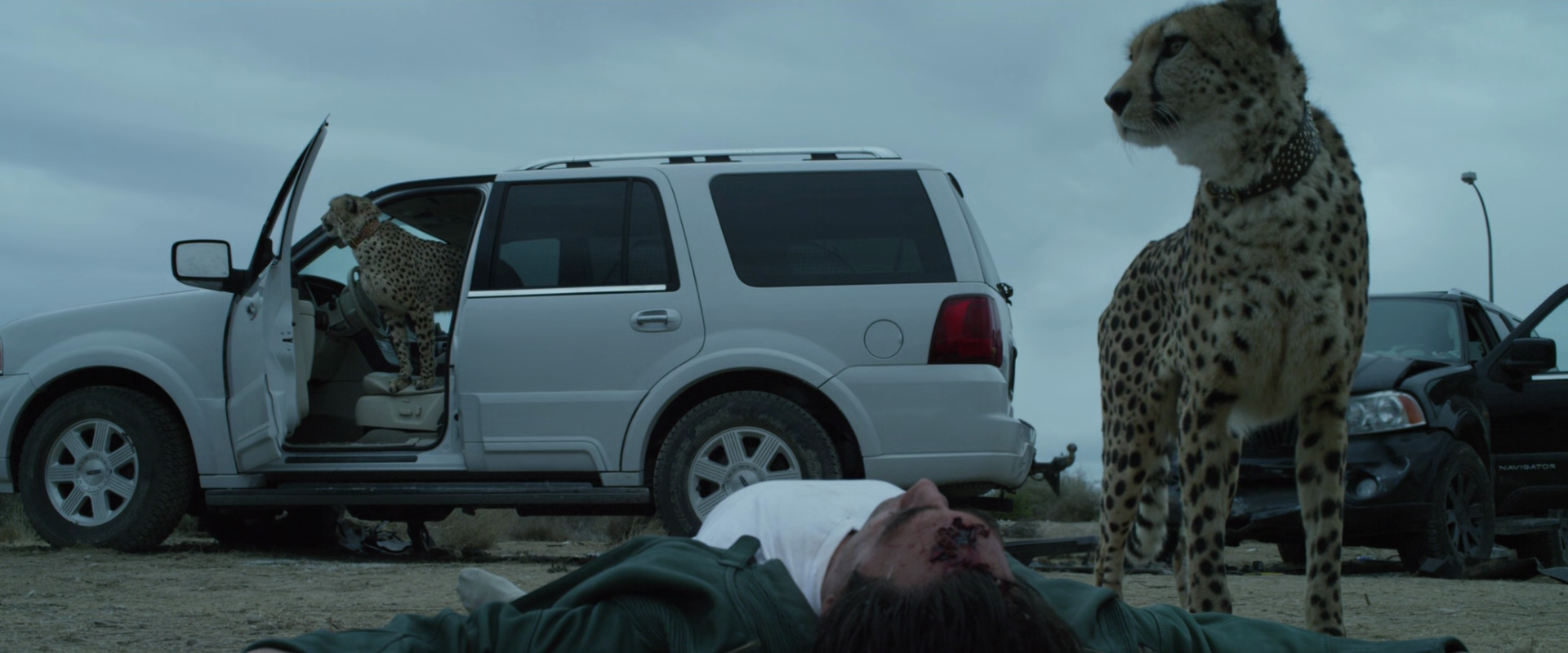The Counselor

Originally published on 29/04/23 on Letterboxd
“Machado would have traded every word, every poem, every verse he ever wrote for one more hour with his beloved. And that is because when it comes to grief, the normal rules of exchange do not apply, because grief transcends value. A man would give entire nations to lift grief off his heart. And yet, you cannot buy anything with grief, because grief is worthless”.
-Cormac McCarthy, The Counselor
“The universe is no narrow thing and the order within it is not constrained by any latitude in its conception to repeat what exists in one part in any other part. Even in this world more things exist without our knowledge than with it and the order in creation which you see is that which you have put there, like a string in a maze, so that you shall not lose your way. For existence has its own order and that no man's mind can compass, that mind itself being but a fact among others”.
-Cormac McCarthy, Blood Meridian
Kind of a miracle that something like this even exists (and came out the same year as another seminal American’s novelist’s cinematic treatise on nihilism in the form of The Canyons) but I am immensely glad it does because there are few films that make me feel as awful as this does. The ostensible contemporaneity removes the shroud of fantasy that surrounds McCarthy’s Westerns, which exist in their own barren worlds of fire and brimstone. Here, however, the inability of any of the characters involved to extricate themselves from the damnation they’ve bought into is embedded within the omnipresent, decentralised economies of exploitation that are so carefully hidden under the facile sheen of capitalism. In much the same vein as early 2000s auteurist deliberations on globalised crime and its relationship with digitality (Demonloverand Miami Vice come to mind), McCarthy and Scott are concerned less with the intricacies of the act of transaction than they are with its repercussions- the latter of which, unlike McCarthy’s typical novelistic tendency to establish the boundaries of mortality at the beginning of anything he writes, the river of bloodshed never really manifests until the third act, which has the most horrifying Chekhov’s Gun I’ve ever seen.
I hesitate to classify this as a black comedy considering how utterly black-hearted and nihilistic the second half of it is, but there is something absurdly hilarious about the concept of a mechanical noose that kills you not by snapping your neck but by decapitating it, as if McCarthy and Scott are in on some massive cosmic joke that none of the audience is privy to. The laughter stems not from any genuine amusement- it is a coping mechanism in the face of all-consuming terror, like so many of the allusions to the stature of Greek legend or Stoic poetry, all of which can only ever serve to force the individual into coming to terms with what is inevitable- that the slaughter to come is probably beyond our imagining.
